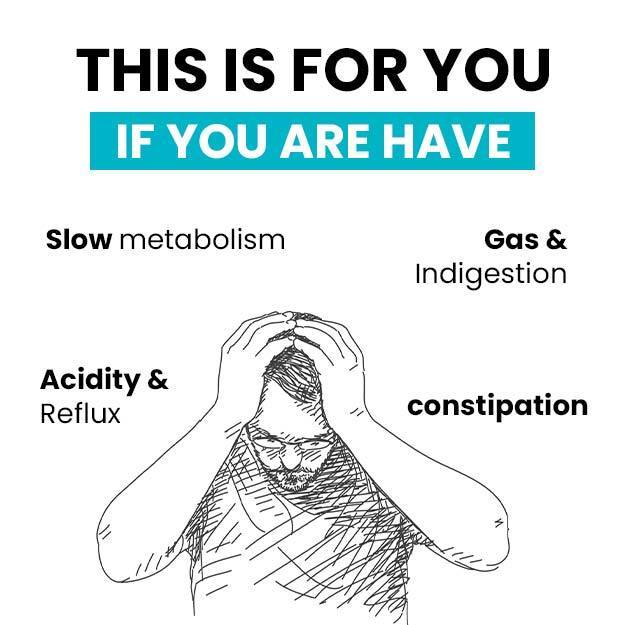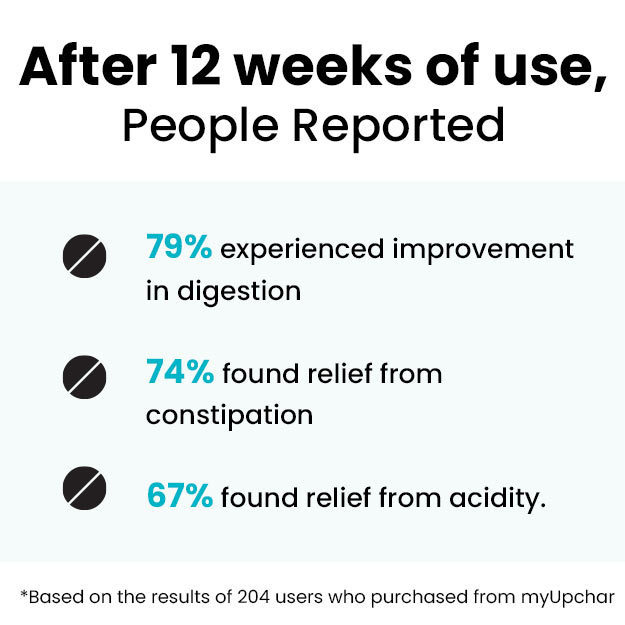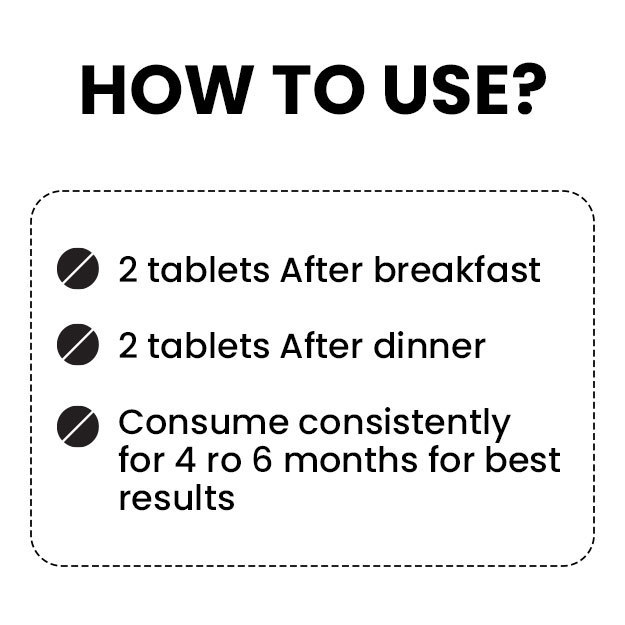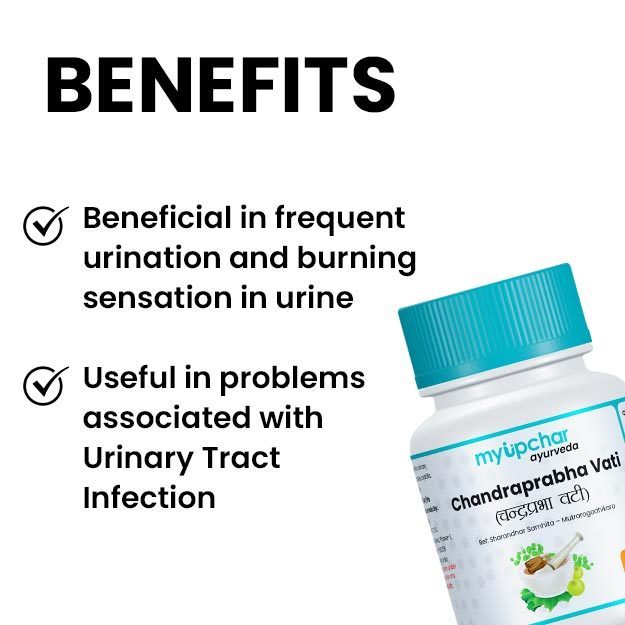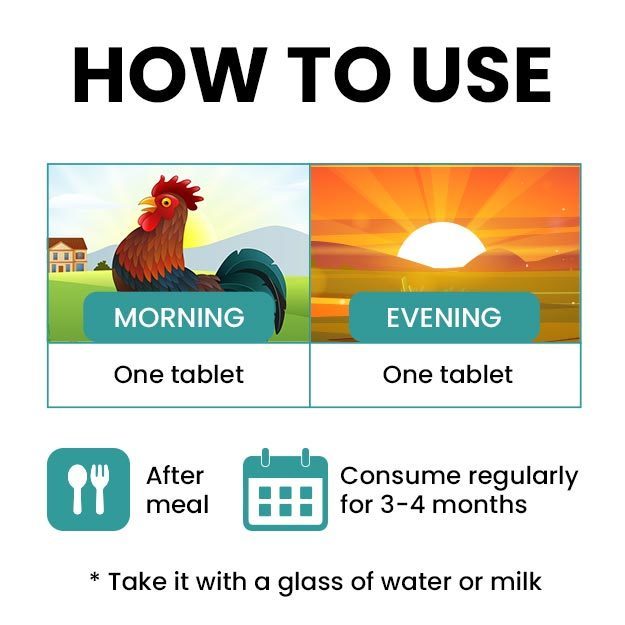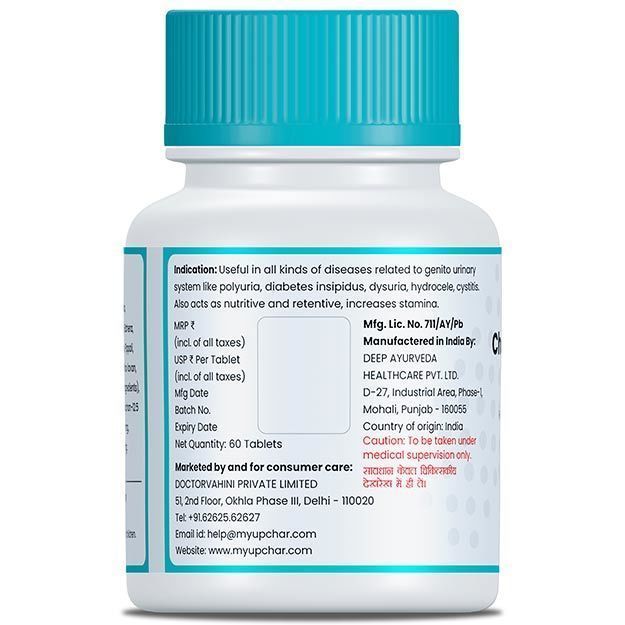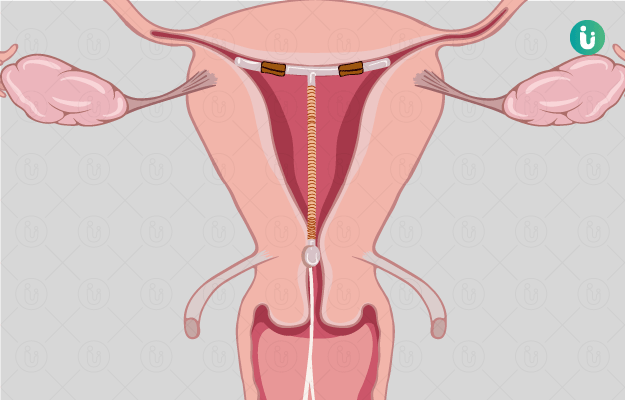Indigestion is a common complaint among pregnant women, especially towards the end of pregnancy. It is often referred to as a burning sensation in the chest that moves up from the stomach to the throat. It is a very painful experience and a cause of concern about the health and well-being of the unborn baby. It occurs due to some reasons and you can take some measures to treat its symptoms, which are discussed in this article. It is also called indigestion and sour burp in common language.
(Read more – Acidity during pregnancy)



















